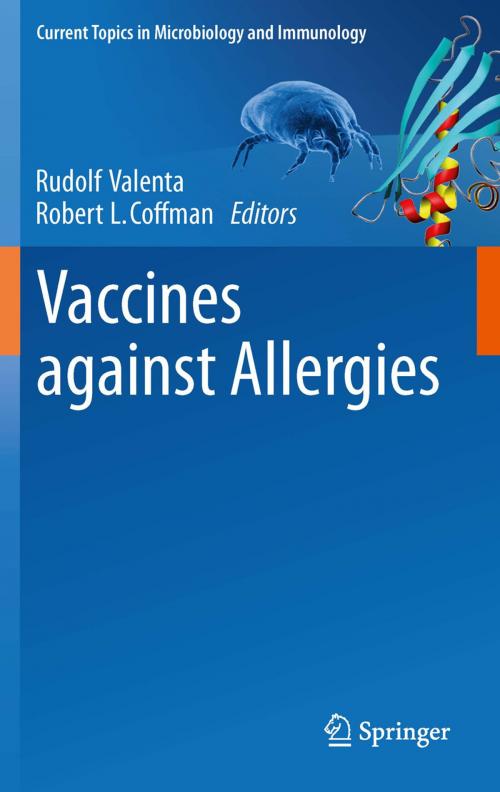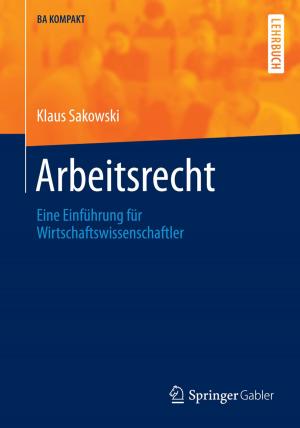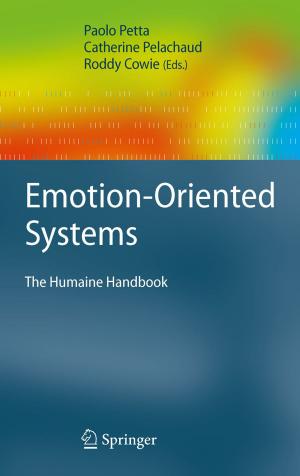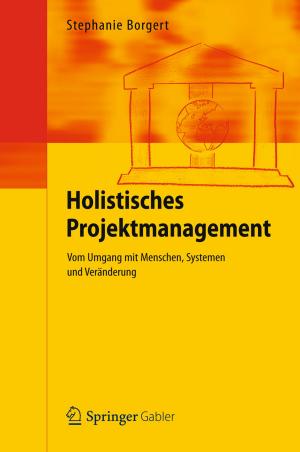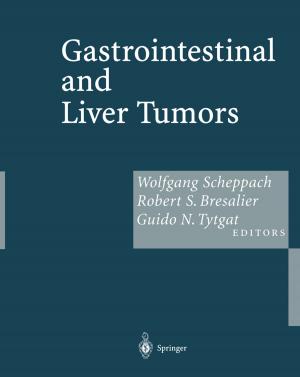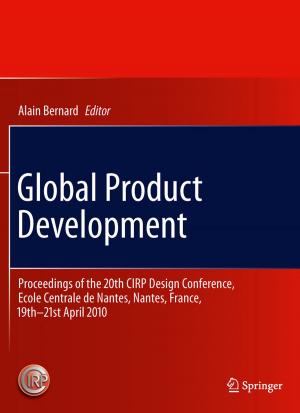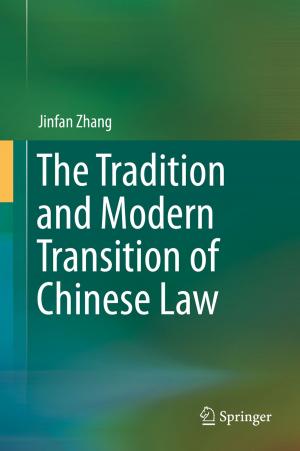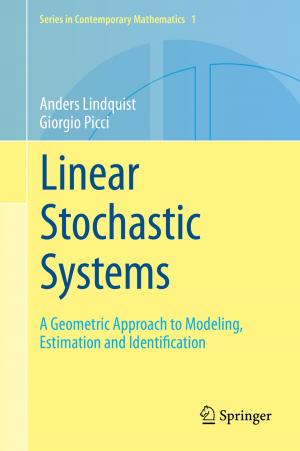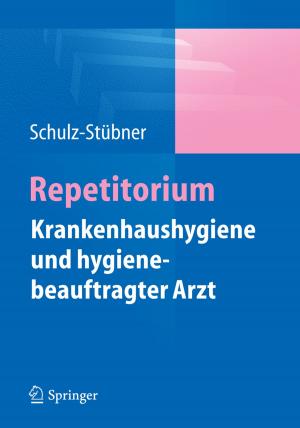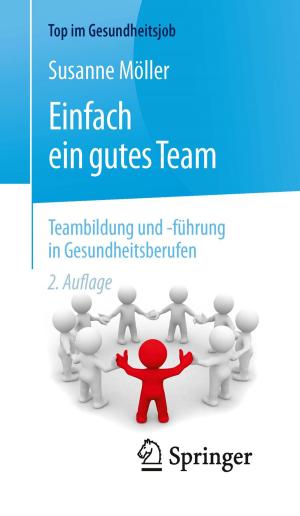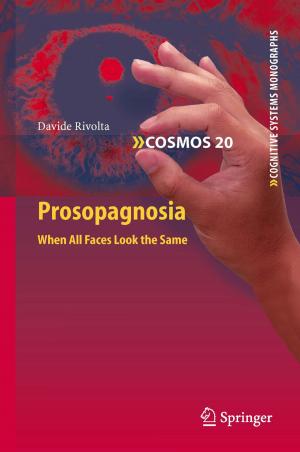| Author: | ISBN: | 9783642200540 | |
| Publisher: | Springer Berlin Heidelberg | Publication: | August 26, 2011 |
| Imprint: | Springer | Language: | English |
| Author: | |
| ISBN: | 9783642200540 |
| Publisher: | Springer Berlin Heidelberg |
| Publication: | August 26, 2011 |
| Imprint: | Springer |
| Language: | English |
We are celebrating this year the hundred years´ anniversary of allergen-specific immunotherapy. In 1911 Leonard Noon published his seminal work “Prophylactic inoculation against hay fever” describing his attempts to achieve active immunity against “grass pollen toxin” by administering increasing doses of grass pollen extract before the grass pollen season to allergic patients. Although it was unknown at that time that allergy represents an immunological hypersensitivity disease, the treatment was effective and many observations made by Noon remained valid until today. Today allergen-specific immunotherapy is well established as the only allergen-specific and disease-modifying treatment for IgE-mediated allergies and has long-lasting effects. In fact, more than 25% of the population suffer from IgE-mediated allergies which therefore represent a major health burden of our society, particularly because untreated allergy often progresses to severe disabling forms of disease, such as asthma and sometimes kills sensitized people through anaphylaxis.
We are celebrating this year the hundred years´ anniversary of allergen-specific immunotherapy. In 1911 Leonard Noon published his seminal work “Prophylactic inoculation against hay fever” describing his attempts to achieve active immunity against “grass pollen toxin” by administering increasing doses of grass pollen extract before the grass pollen season to allergic patients. Although it was unknown at that time that allergy represents an immunological hypersensitivity disease, the treatment was effective and many observations made by Noon remained valid until today. Today allergen-specific immunotherapy is well established as the only allergen-specific and disease-modifying treatment for IgE-mediated allergies and has long-lasting effects. In fact, more than 25% of the population suffer from IgE-mediated allergies which therefore represent a major health burden of our society, particularly because untreated allergy often progresses to severe disabling forms of disease, such as asthma and sometimes kills sensitized people through anaphylaxis.
